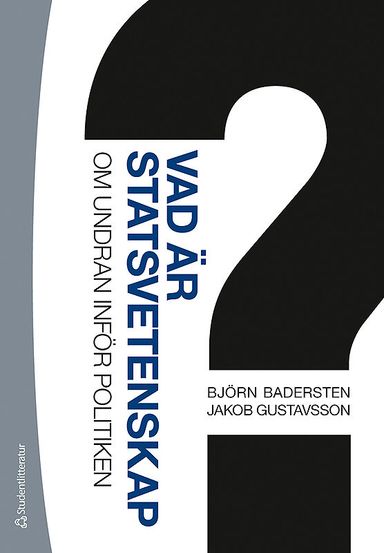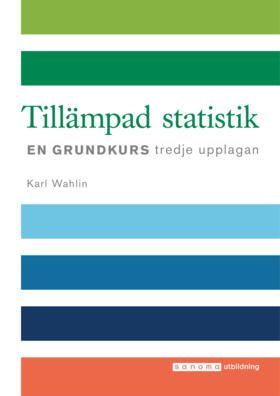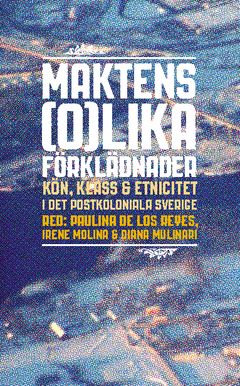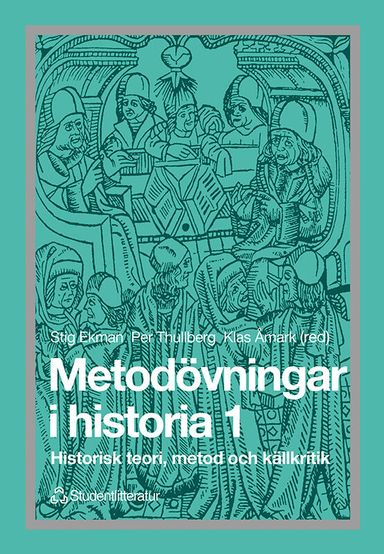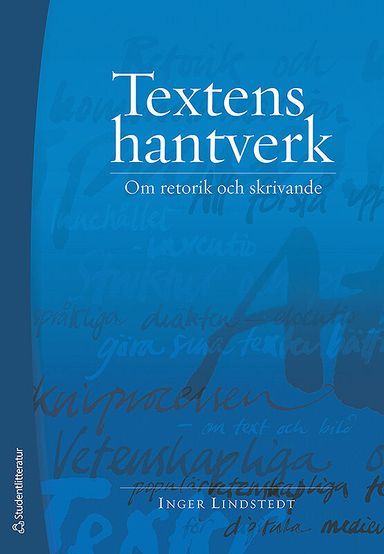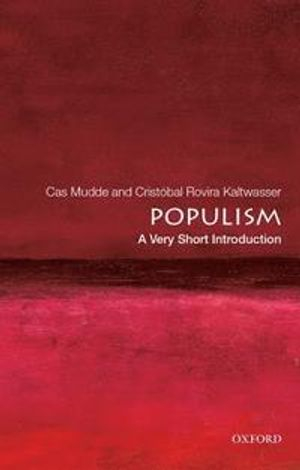

Populism Upplaga 2
- Upplaga: 2a upplagan
- Utgiven: 2017
- ISBN: 9780190234874
- Sidor: 136 st
- Förlag: OUP USA
- Format: Häftad
- Språk: Engelska
Om boken
Populism is a central concept in the current media debates about politics and elections. However, like most political buzzwords, the term often floats from one meaning to another, and both social scientists and journalists use it to denote diverse phenomena. What is populism really? Who are the populist leaders? And what is the relationship between populism and democracy? This book answers these questions in a simple and persuasive way, offering a swift guide to populism in theory and practice. Cas Mudde and Cristobal Rovera Kaltwasser present populism as an ideology that divides society into two antagonistic camps, the "pure people" versus the "corrupt elite," and that privileges the general will of the people above all else. They illustrate the practical power of this ideology through a survey of representative populist movements of the modern era: European right-wing parties, left-wing presidents in Latin America, and the Tea Party movement in the United States. The authors delve into the ambivalent personalities of charismatic populist leaders such as Juan Domingo Peron, H. Ross Perot, Jean-Marie le Pen, Silvio Berlusconi, and Hugo Chavez.If the strong male leader embodies the mainstream form of populism, many resolute women, such as Eva Peron, Pauline Hanson, and Sarah Palin, have also succeeded in building a populist status, often by exploiting gendered notions of society. Although populism is ultimately part of democracy, populist movements constitute an increasing challenge to democratic politics. Comparing political trends across different countries, this compelling book debates what the long-term consequences of this challenge could be, as it turns the spotlight on the bewildering effect of populism on today's political and social life.
Åtkomstkoder och digitalt tilläggsmaterial garanteras inte med begagnade böcker
Mer om Populism (2017)
I februari 2017 släpptes boken Populism skriven av Cas Mudde. Det är den 2a upplagan av kursboken. Den är skriven på engelska och består av 136 sidor. Förlaget bakom boken är OUP USA.
Köp boken Populism på Studentapan och spara uppåt 36% jämfört med lägsta nypris hos bokhandeln.
Referera till Populism (Upplaga 2)
Harvard
Mudde, C. (2017). Populism. 2:a uppl. OUP USA.
Oxford
Mudde, Cas, Populism, 2 uppl. (OUP USA, 2017).
APA
Mudde, C. (2017). Populism (2:a uppl.). OUP USA.
Vancouver
Mudde C. Populism. 2:a uppl. OUP USA; 2017.


